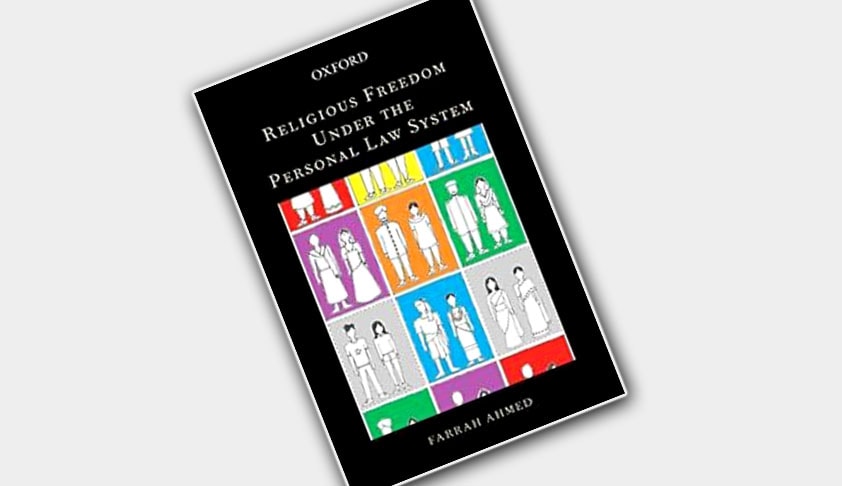Religious Freedom under The Personal Law System. By Farrah Ahmed, OUP, 2016, Rs.795, Pages 243
Review Editor
29 March 2016 4:33 PM IST

Next Story
29 March 2016 4:33 PM IST
As one reads this book, it is tempting to refer to the two cases currently heard by the Supreme Court together, on the Muslim Personal Law. In Shayara Bano v Union of India, the petitioner seeks mandamus declaring the practices of Talaq-E-Bidat, Nikah-Halala, and polygamy under Muslim Personal Laws as illegal, and unconstitutional for being violative of Articles 14, 15, 21 and 25 of...
